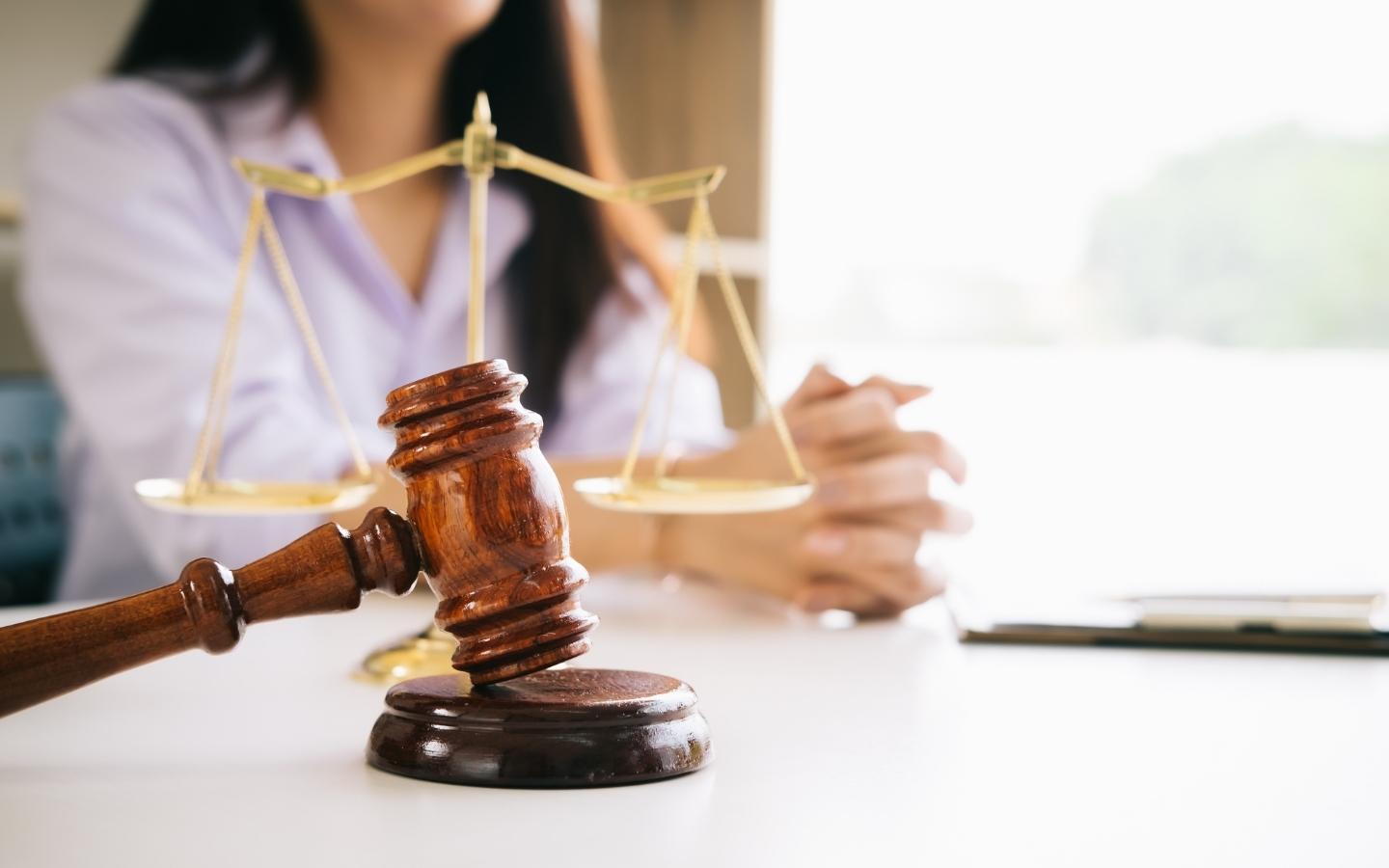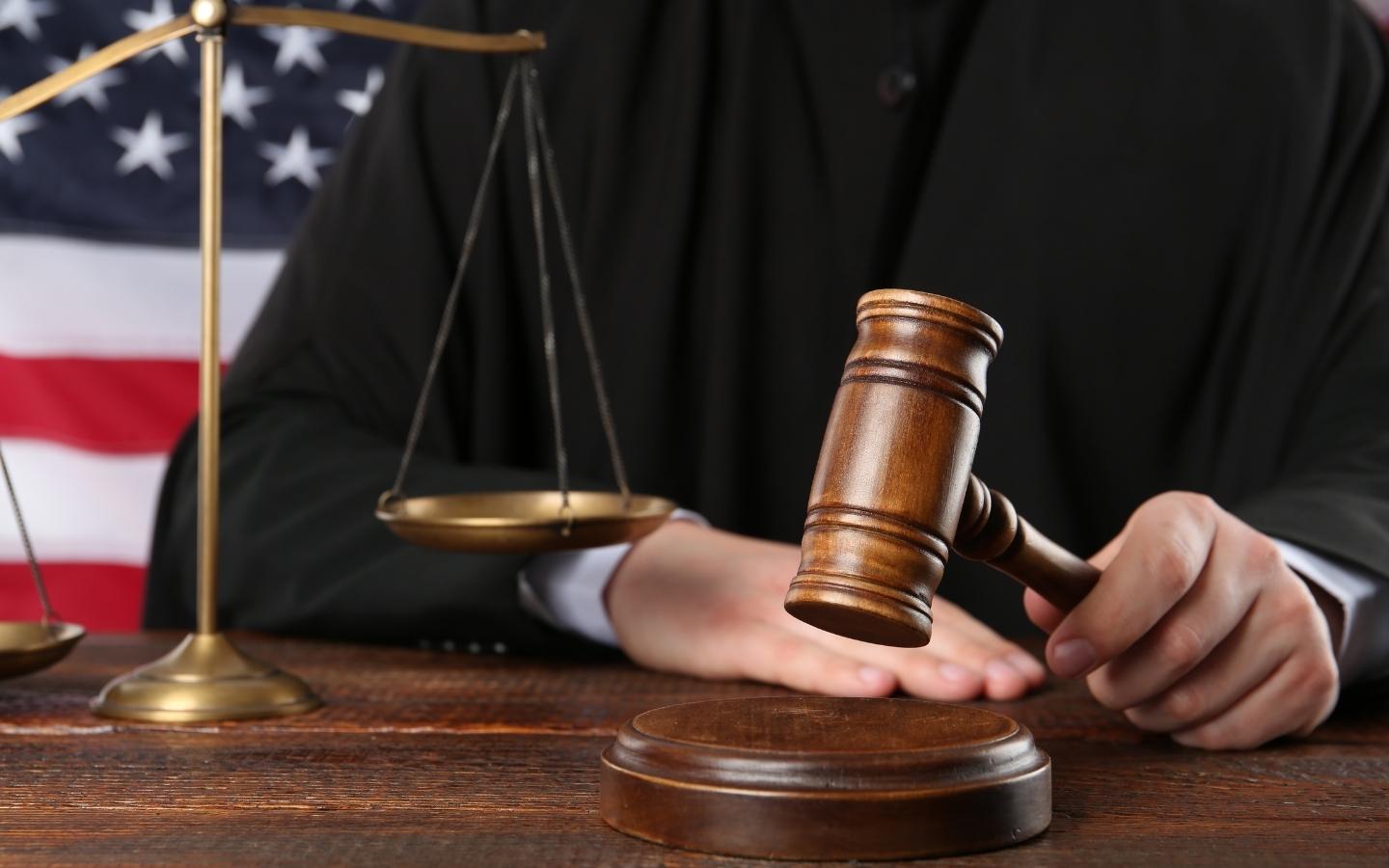Challenges to Justice in the Digital Age
In the digital age, where people are increasingly connected and data is being generated at an unprecedented rate, there is a growing need to ensure that privacy and security are protected. The rise of social media, cloud computing, and the Internet of Things (IoT) has made it easier for individuals and organizations to collect, store, and share data, but it has also increased the risks of data breaches and cyberattacks. This has created new challenges for justice systems worldwide, as they struggle to keep pace with the rapid evolution of technology.
[lwptoc]
The Importance of Privacy and Security
Privacy and security are fundamental human rights that are enshrined in international law. The Universal Declaration of Human Rights states that “no one shall be subjected to arbitrary interference with his privacy, family, home or correspondence” (Article 12), and the International Covenant on Civil and Political Rights further states that “everyone shall have the right to the protection of the law against such interference or attacks” (Article 17). In addition, many countries have laws that protect personal data and privacy.
Privacy and security are not only important for individuals but also for organizations. Companies that collect and store personal data have a responsibility to protect it from unauthorized access or disclosure. Data breaches can result in significant financial and reputational damage, as well as legal liability.
The Risks of the Digital Age
The digital age has brought many benefits, but it has also created new risks. The following are some of the risks associated with the digital age:
Data breaches – The increasing amount of personal data being collected and stored means that data breaches are becoming more common. In 2020, there were 1,001 reported data breaches in the United States alone, which exposed over 155 million records.
Cyberattacks – Cyberattacks are becoming more sophisticated and frequent. In 2020, there were over 100 ransomware attacks per day, with the average ransom payment increasing to $312,493.
Social media – Social media platforms are collecting vast amounts of personal data, which can be used for targeted advertising or other purposes. Social media has also been used to spread misinformation and propaganda.
Internet of Things (IoT) – The IoT refers to the network of devices that are connected to the internet, such as smart homes, wearables, and industrial machinery. These devices can collect and transmit data, which can be vulnerable to hacking.
The Role of Justice Systems
Justice systems have an important role to play in protecting privacy and security in the digital age. This includes:
Enforcing laws – Justice systems need to enforce laws that protect personal data and privacy. This includes laws such as the General Data Protection Regulation (GDPR) in the European Union and the California Consumer Privacy Act (CCPA) in the United States.
Investigating and prosecuting cybercrime – Justice systems need to have the resources and expertise to investigate and prosecute cybercrime. This includes working with other countries to track down cybercriminals who operate across borders.
Providing guidance – Justice systems can provide guidance to individuals and organizations on how to protect their privacy and security. This includes providing information on how to secure devices, avoid phishing scams, and protect personal data.
Protecting Privacy and Security in the Digital Age
There are a number of steps that individuals and organizations can take to protect their privacy and security in the digital age. These include:
Using strong passwords – Using strong passwords is one of the easiest ways to protect personal data. Passwords should be at least 12 characters long and should include a mix of letters, numbers, and symbols.
Enabling two-factor authentication – Two-factor authentication adds an extra layer of security by requiring a code in addition to a password.
Updating software and security patches – Regularly updating software and security patches can help prevent vulnerabilities that can be exploited by cybercriminals.
Encrypting data – Encrypting data can help prevent unauthorized access to sensitive information. This is especially important when transferring data or storing it in the cloud.
Being cautious online – Being cautious online can help prevent phishing scams and other forms of cybercrime. This includes not clicking on suspicious links, not downloading attachments from unknown sources, and being careful when sharing personal information.
Challenges to Protecting Privacy and Security in the Digital Age
Despite the steps that can be taken to protect privacy and security in the digital age, there are a number of challenges that need to be addressed. These include:
Jurisdictional issues – Cybercrime often operates across borders, which can make it difficult to track down and prosecute cybercriminals.
Lack of resources – Justice systems may not have the resources or expertise to investigate and prosecute cybercrime.
Rapidly evolving technology – Technology is evolving at a rapid pace, which can make it difficult for justice systems to keep up with new threats and vulnerabilities.
Conflicting laws – Laws relating to privacy and security can vary between countries and even between states within countries. This can create confusion and make it difficult to enforce laws.
Case Studies
The following are two case studies that highlight the challenges to protecting privacy and security in the digital age.
Facebook Cambridge Analytica scandal
In 2018, it was revealed that the political consulting firm Cambridge Analytica had obtained personal data on millions of Facebook users without their consent. The data was used to target political ads during the 2016 US presidential election. The scandal highlighted the risks of social media platforms collecting and sharing personal data.
Colonial Pipeline ransomware attack
In 2021, the Colonial Pipeline, which supplies fuel to much of the eastern United States, was hit by a ransomware attack. The attack caused the pipeline to shut down for several days, causing fuel shortages and price increases. The attack highlighted the risks of cyberattacks on critical infrastructure.
Table: Data Breaches in the United States (2020)
| Company | Number of Records Exposed |
|---|---|
| Marriott International | 5.2 million |
| Magellan Health | 1.7 million |
| Morgan Stanley | 350,000 |
| Zoom | 500,000 |
| MGM Resorts | 10.6 million |
| Nintendo | 300,000 |
Conclusion
Protecting privacy and security in the digital age is a complex and challenging task. Justice systems need to enforce laws, investigate and prosecute cybercrime, and provide guidance to individuals and organizations. However, there are also challenges, including jurisdictional issues, lack of resources, rapidly evolving technology, and conflicting laws. By understanding these challenges and taking steps to address them, justice systems can help ensure that privacy and security are protected in a connected world.



